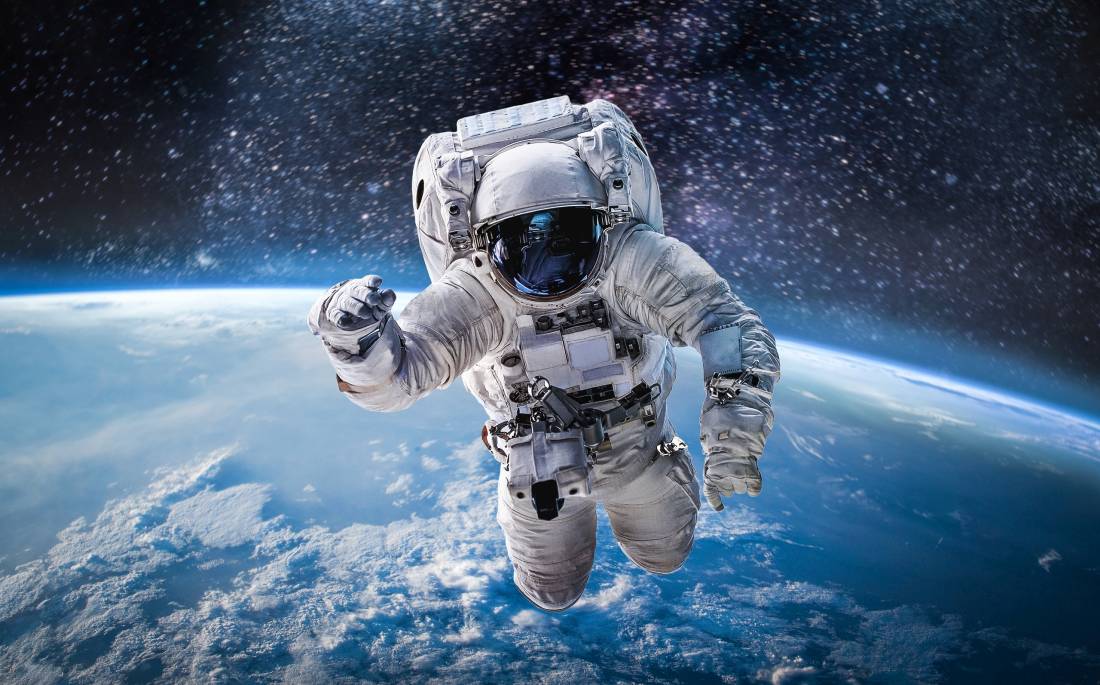Space exploration has fascinated humanity for centuries. It has captivated our imagination and inspired countless advancements in science, technology, and engineering. One of the most remarkable aspects of space exploration has been the role played by astronauts. These brave individuals have pushed the boundaries of human knowledge and opened up new frontiers in space. In this article, we will explore the impact of space exploration on society and how astronauts have changed our world.
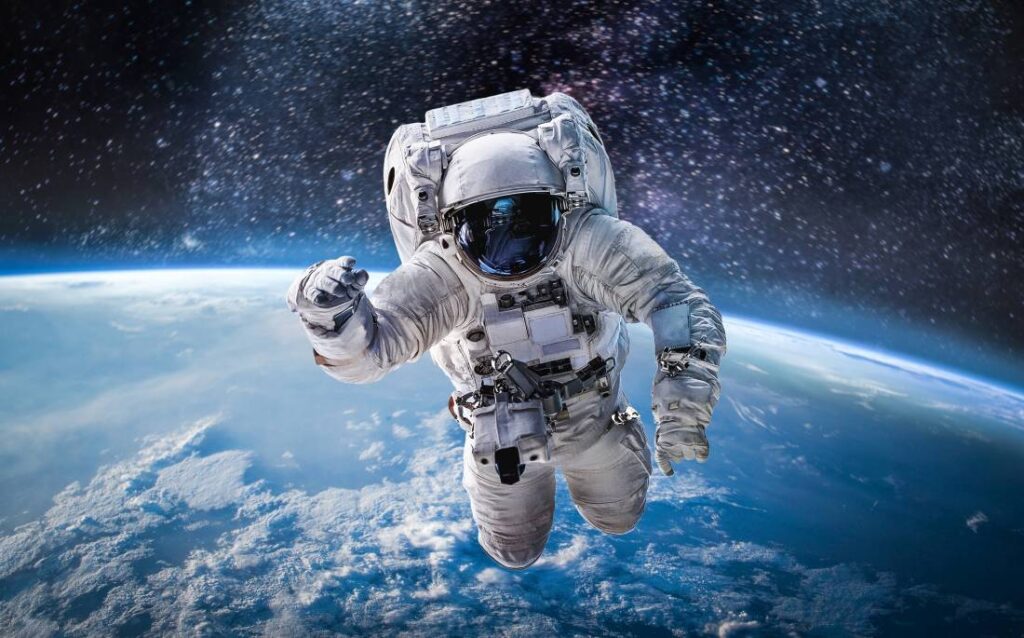
NASA Astronauts: Leading the Charge in Space Exploration
When we think of astronauts, the first organization that comes to mind is NASA (National Aeronautics and Space Administration). NASA has been at the forefront of space exploration since its inception in 1958. The agency has launched countless missions, including the iconic Apollo missions to the moon.
NASA has played a vital role in advancing our understanding of the universe. The agency’s contributions include developing groundbreaking technologies such as the space shuttle and the Hubble Space Telescope. NASA has also pioneered numerous scientific discoveries that have helped us better understand our place in the universe.
Today, NASA continues to lead the charge in space exploration. The agency’s plans for the future include returning to the moon and eventually sending humans to Mars. NASA’s astronauts will be at the forefront of these missions, pushing the boundaries of human exploration and discovery.
Number of Astronauts: The Few and the Brave
Despite the importance of their work, astronauts are a relatively small group of individuals. As of 2021, there have been only 574 people who have traveled to space, according to the United Nations Office for Outer Space Affairs. This small number of individuals highlights the bravery and dedication of those who have ventured beyond our planet.
Becoming an astronaut is no easy feat. The rigorous selection process involves intense physical and mental testing, as well as years of training. Astronauts must also be able to work effectively in a team and have exceptional problem-solving skills. These qualities make astronauts some of the most talented and capable individuals on the planet.
Woman Astronauts: Breaking Barriers and Shaping the Future
For many years, the field of space exploration was dominated by men. However, this has begun to change in recent decades. Today, women play an important and growing role in space exploration. Women have served as astronauts since the early days of spaceflight, with the first woman in space being Russian cosmonaut Valentina Tereshkova in 1963.
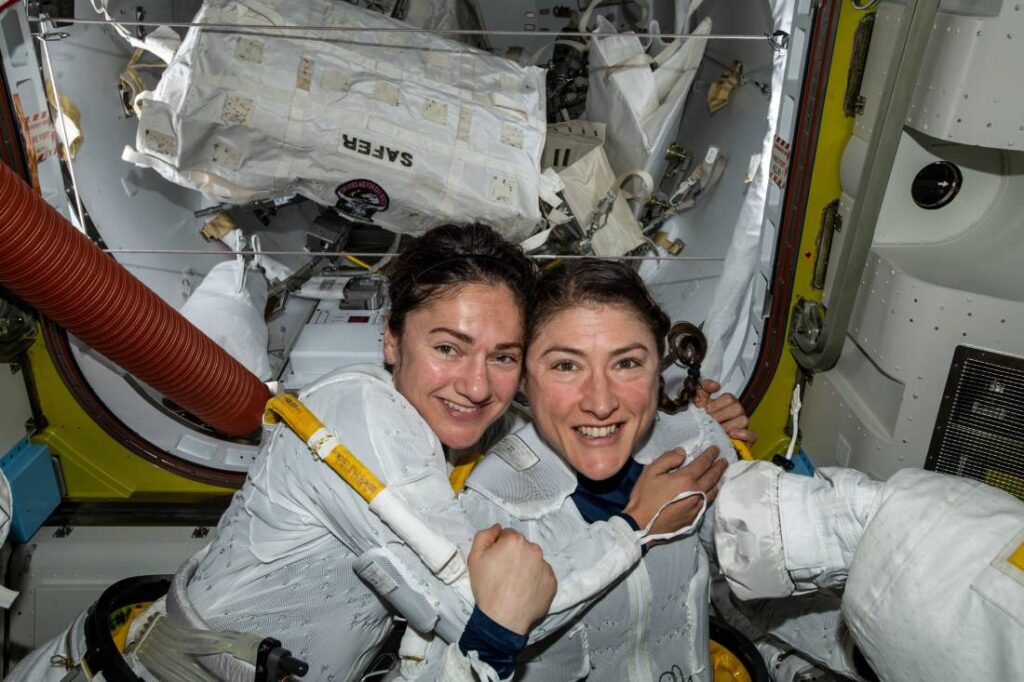
In the United States, NASA has also made strides in increasing the number of women astronauts. In 1995, Eileen Collins became the first female pilot of a space shuttle. Since then, women have played key roles in numerous NASA missions. In 2020, NASA’s first crewed mission featuring a female astronaut, Christina Koch, and a female flight engineer, Jessica Meir, was launched.
The inclusion of women in space exploration is crucial for shaping the future of the industry. By breaking down barriers and promoting gender equality, we can ensure that the best and brightest individuals, regardless of gender, have the opportunity to contribute to this vital field.
Apollo Astronauts: Changing the Course of History
One of the most iconic groups of astronauts in history is the Apollo astronauts. These brave individuals traveled to the moon on six separate missions between 1969 and 1972. The Apollo program was a massive undertaking, involving thousands of individuals and billions of dollars in funding. However, the program’s impact on society was immeasurable.
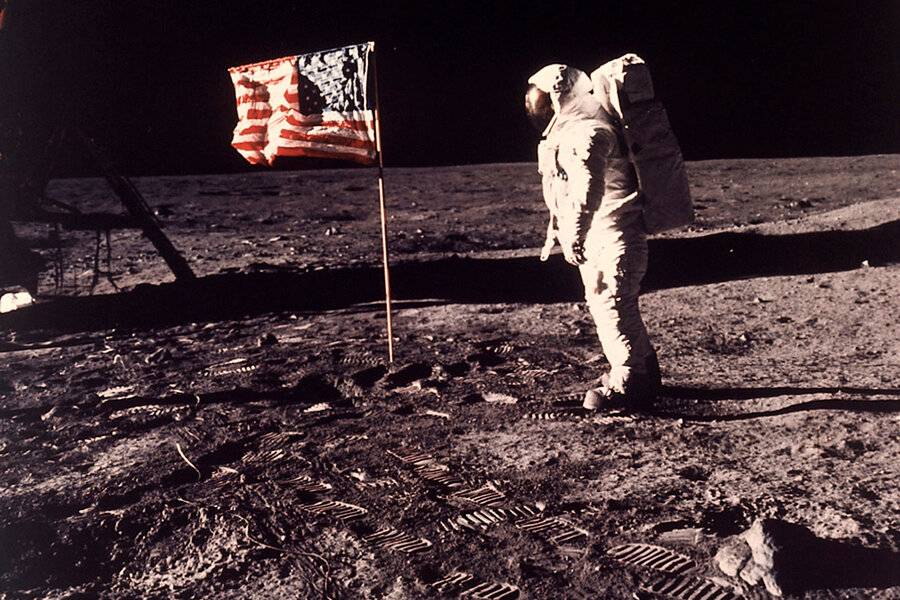
The Apollo missions inspired a generation and sparked a renewed interest in science and technology. They also helped to further the understanding of our planet and the universe. For example, the data collected by the Apollo missions was crucial in developing our understanding of the moon’s formation and geology.
The impact of the Apollo missions is still felt today. They paved the way for future space exploration and opened up new possibilities for humanity. The technologies developed during the program, such as the lunar module and the Saturn V rocket, have also had lasting impacts on space exploration.
How to Be an Astronaut: The Path to the Stars
Becoming an astronaut is no easy feat. The rigorous selection process involves intense physical and mental testing, as well as years of training. Astronauts must also be able to work effectively in a team and have exceptional problem-solving skills. These qualities make astronauts some of the most talented and capable individuals on the planet.
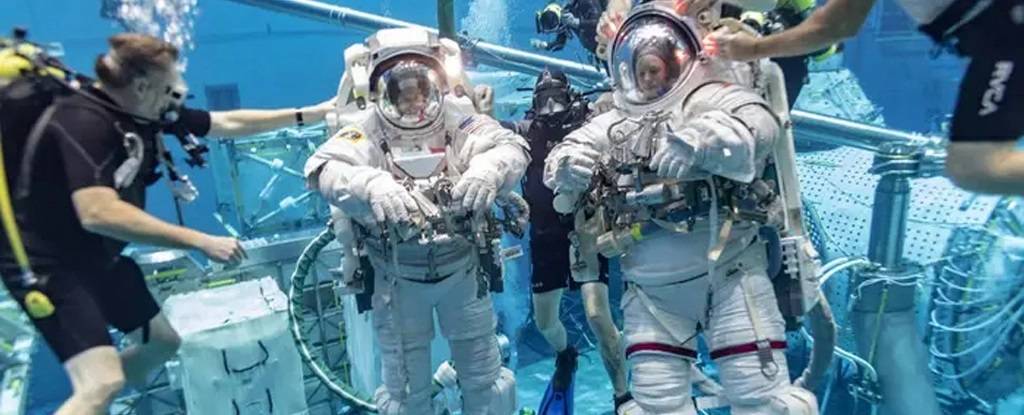
To become an astronaut, you need to have a bachelor’s degree in a field related to science, engineering, or mathematics. You must also have at least three years of professional experience in your field. Additionally, you must pass a physical and medical exam to ensure that you are fit for spaceflight.
If you meet these qualifications, you can apply to become an astronaut with NASA or other space agencies around the world. The selection process is highly competitive, with thousands of applicants vying for just a few spots. However, for those who make the cut, the rewards are immense.
Finnish Astronaut: Making History in Space
Finland may not be the first country that comes to mind when you think of space exploration. However, the country has made significant contributions to the field, including producing its first astronaut, Mauri Pekkarinen. Pekkarinen flew on a Soviet Soyuz mission in 1985, becoming the first Finn and the second Nordic person in space.
Since Pekkarinen’s historic flight, Finland has continued to contribute to space exploration. In 2017, Finnish astronaut Timo J. Kokkila was selected to train with the European Space Agency (ESA). While he has not yet flown to space, his selection is a testament to Finland’s growing role in the space industry.
The Impact of Astronauts on Society
Astronauts have played a crucial role in advancing our understanding of the universe and shaping our society. They have pushed the boundaries of human knowledge and opened up new frontiers in space. Some of the key ways that astronauts have impacted society include:
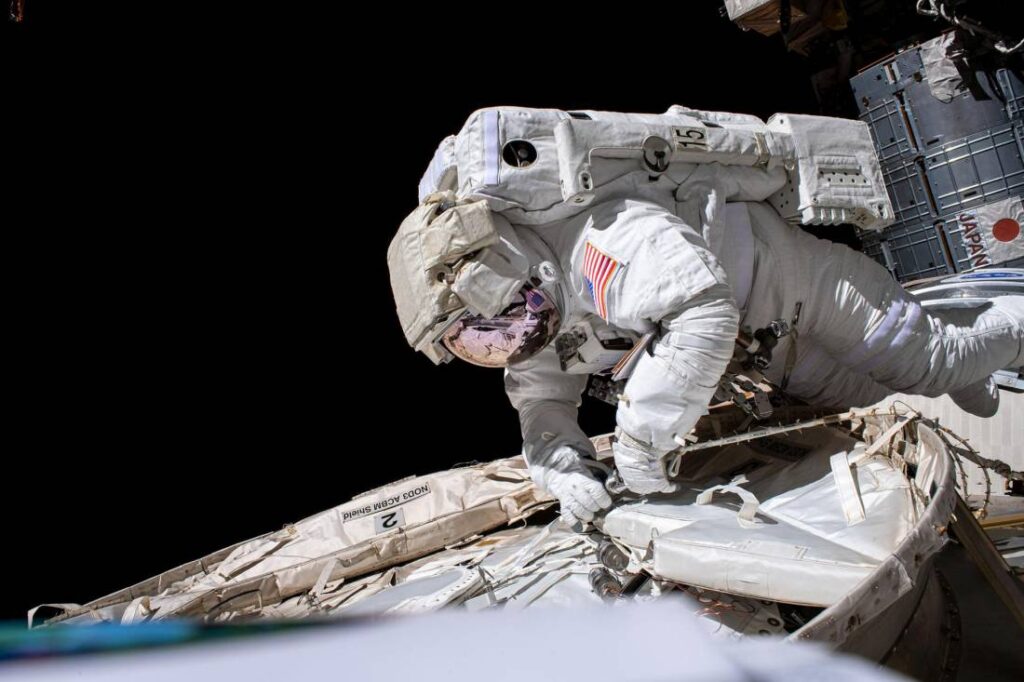
Advancing science and technology: Astronauts have contributed to numerous scientific discoveries, including studying the effects of zero-gravity on the human body and conducting experiments in space that are not possible on Earth. They have also helped to develop new technologies that have applications on Earth, such as GPS and solar panels.
Inspiring future generations: The accomplishments of astronauts have inspired countless individuals, especially young people, to pursue careers in science, technology, engineering, and mathematics (STEM) fields. This inspiration has led to numerous advancements and breakthroughs in these fields.
Promoting international cooperation: Space exploration has historically been a collaborative effort between countries. Astronauts have played a vital role in promoting international cooperation and fostering positive relationships between nations.
